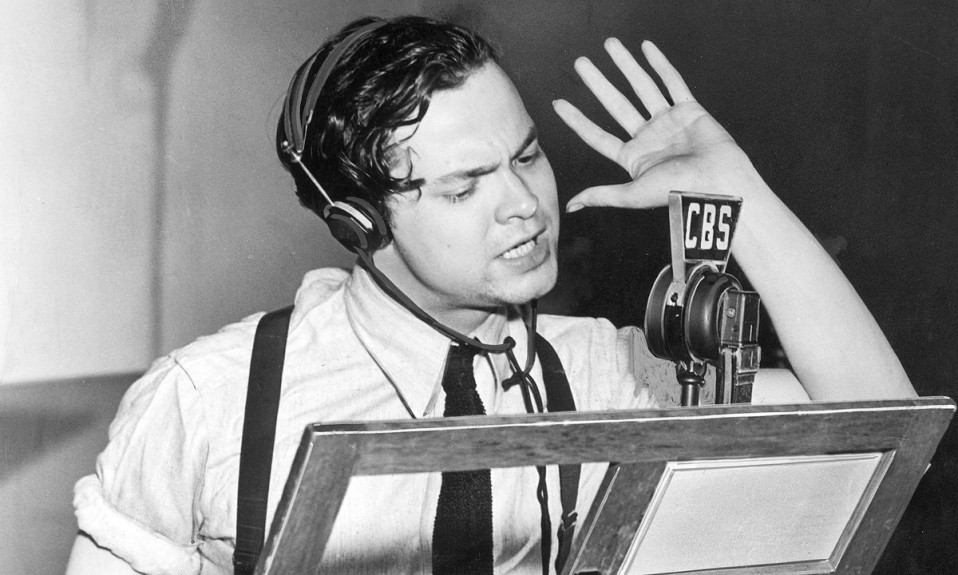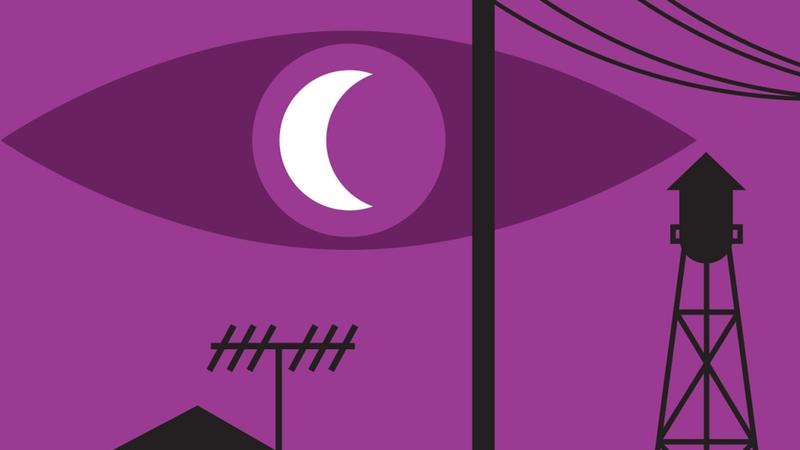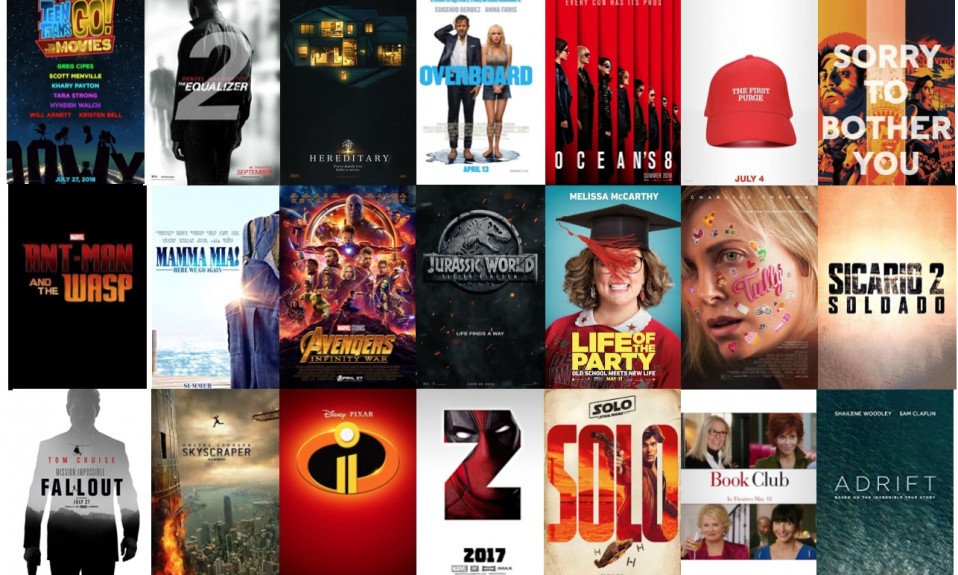Hollywood titan Orson Welles was one of those people who were incredibly successful at an annoyingly young age – he co-wrote, directed, produced, and starred in what is generally considered one of the greatest films of all time Citizen Kane at the age of 25. However, it was two years earlier at the even more annoying age of 23 that Welles made his name with his radio adaptation of War of the Worlds.
The Legend

The popular understanding of Mercury Theatre’s War of the Worlds production was that due to the way it was made and broadcast it was mistaken by many people to be a genuine news story covering an alien invasion and caused widespread panic in America. It is definitely true that some people did think this and there was some panic but this was extremely small in scale, if for no other reason than the audience for the show was quite small. Of course, the truth is not as important as it’s a wonderful story. It has been supposed by many that the reason for the confusion was that many people will have missed the beginning of the broadcast where it was clearly advertised as a work of fiction as a far more popular show on another station would have been playing at the start of the show. But perhaps more important is the style of the broadcast – music is playing and then interrupted by breaking news and the first half of the show is told as a series of news reports. If the show had been more mundane it could have been indistinguishable from news coverage of such an event (indeed some people who did panic did not believe it was Martians invading, but rather a surprise attack by Germany or some other disaster).
Fiction Podcasting
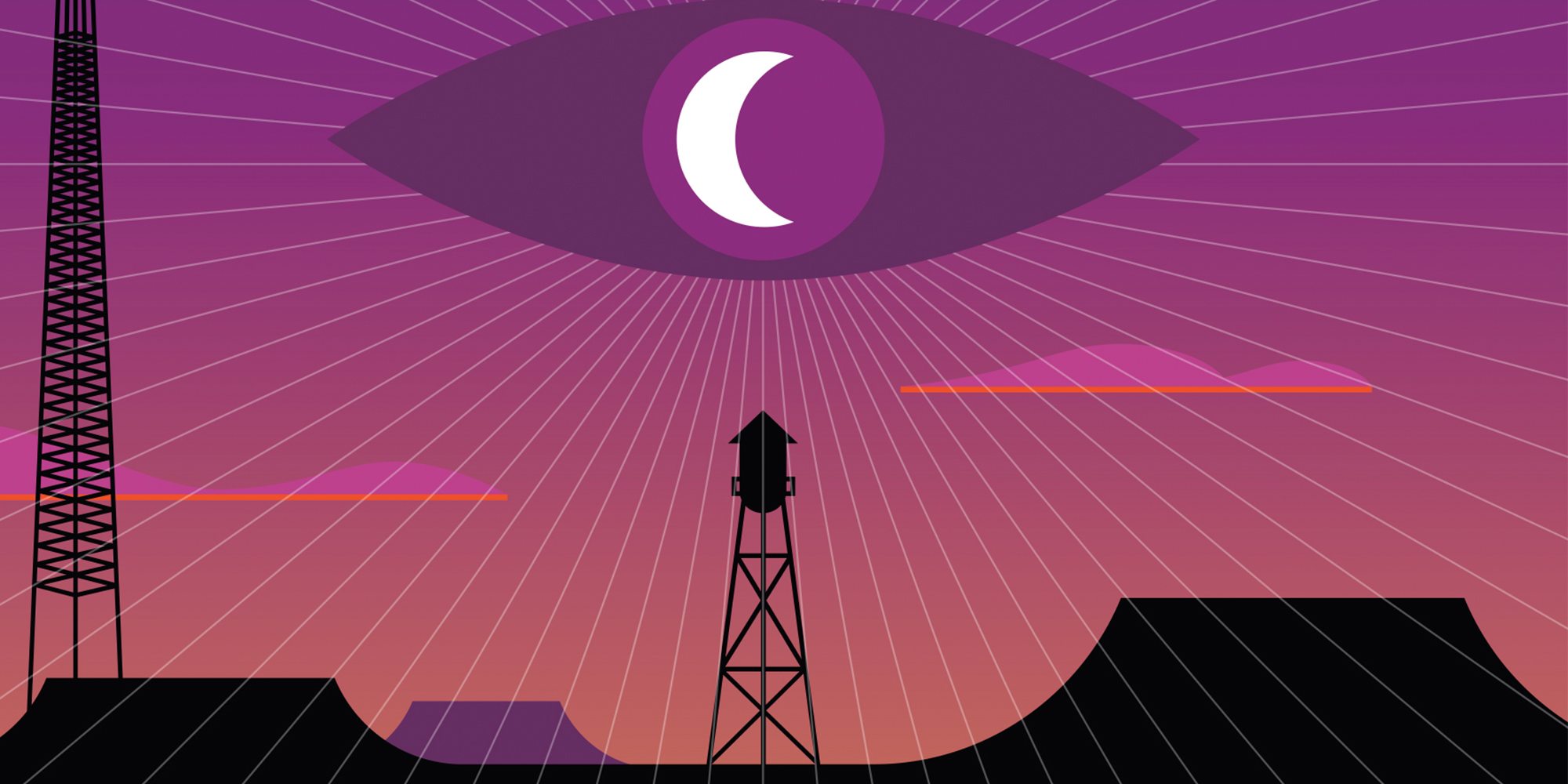
Obviously, radio dramas, comedies, plays, etc continued to be made and this production of War of the Worlds would have been a huge, inescapable influence but it had a very profound influence on fiction podcasts, also known as audio dramas. They are, as perhaps the name suggests, podcasts that tell fiction stories. So unlike Serial a scripted but non-fiction podcast or Off Menu an unscripted comedy-interview show.
Here are a glimpse at some of the most successful/influential fiction podcasts:
Welcome To Night Vale – stories of the creepy town of Night Vale where every conspiracy theory is true.
Limetown – the story of how a planned town to work on a major scientific project descended into anarchy and violence.
The Magnus Archives – dozens of stories of monsters and horrors, from vampires to serial killers to ancient terrible evils.
The Bright Sessions – a psychiatrist offers therapy for people with superpowers.
The Black Tapes – a skeptic and believer travel across America investigating “supernatural” mysteries.
The thing that connects all of these shows is that they are either purportedly genuine broadcasts – Welcome To Night Vale is meant to be a radio show in that town – or essentially found footage – The Magnus Archives are the archived tapes of the Magnus Institute. Welcome to Night Vale is hosted by Cecil Palmer who as well as doing stories on the various horrors will do a community calendar, minutes of PTA meetings, and so on.
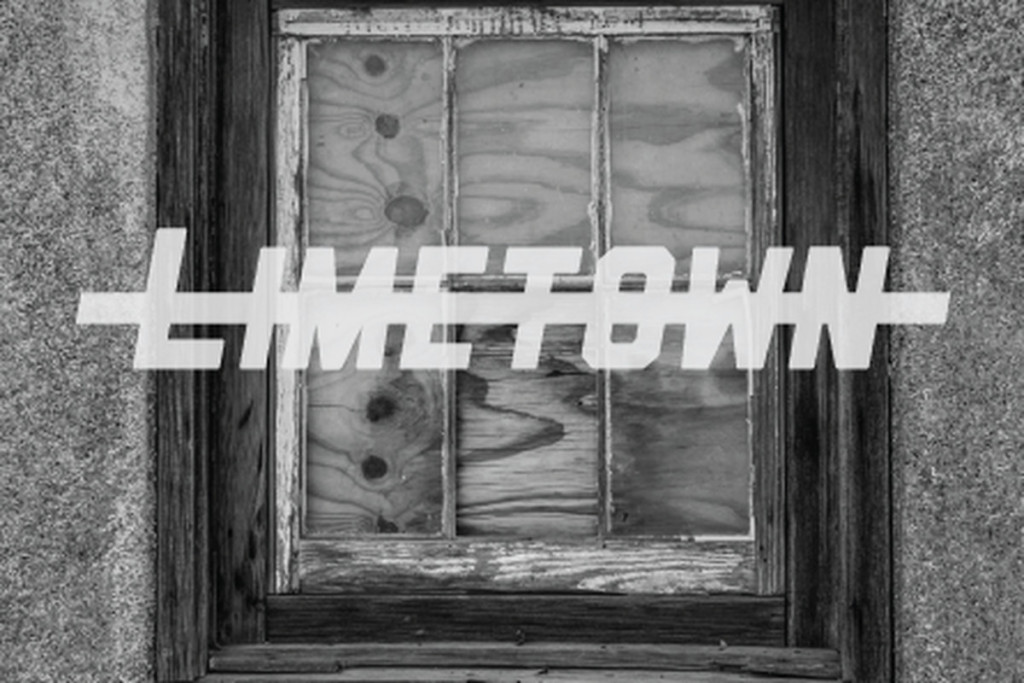
Limetown is a documentary in a very NPR way, a journalist investigates a story, interviews people etc. By no means are all fiction podcasts done in this way, and increasingly podcast creators have moved away from this.
I actually have experience with this myself as the creator of two fiction podcasts. The first, At The End Of The Line, is a post-apocalyptic travel show, the listener is not hearing a story but rather as if they were listening to that show. The show featured letters from “listeners”, the first episode starts with a reference to previous seasons that do not exist. The second, The Reignition Theory is a documentary – telling the story of the destruction of the city. There were interviews, extracts from newspapers, letters, diary entries etc. all presented as if the listener had tuned into a documentary.
Immersive Storytelling
Welles’ programme was so well done some people believed it to be reporting genuine events but even accepted it as fiction – it’s a very tense show. The idea of witnessing events unfolding “live” and that you’re hearing the response of people on the scene is different from a more straight-forward narrative, perhaps more directly tapping into our real-world experiences of news bulletins. Welles’ show starts with music being interrupted by breaking news something we’re all familiar with. Does the conceit of reality distance of audience from the characters or bring them closer?
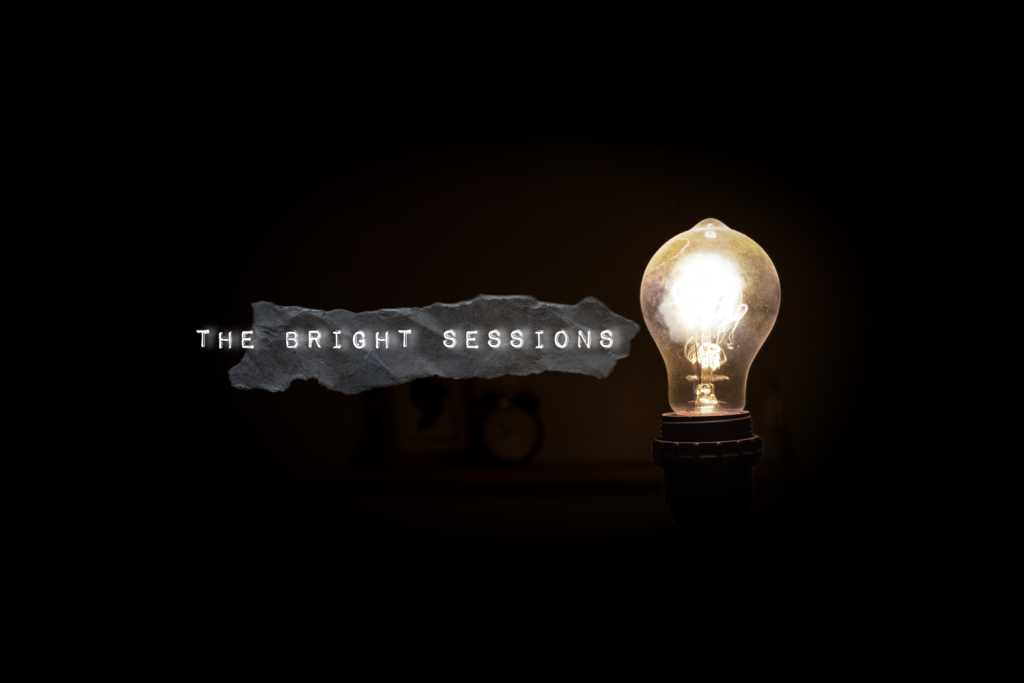
Listening to the broadcast again Welles’ does a fantastic job of immersing you in this story and fake reality. A music programme is interrupted but then returned to numerous times as the news bulletins have finished and so why not go back to the show? Breathless reports from reporters in the field cutting back to more measured journalists in secure places. Background noise of the hustle and bustle of live reporting and the panicked crowds is done flawlessly, sometimes things are unclear or even inaudible and reporters get cut off mid-sentence. Welles’ commitment to the bit goes beyond even the radio show, as mentioned the “panic” caused by the broadcast was heavily exaggerated, and Welles knowingly played into this. He would make that story real, just like he had made some people believe the Martian invasion was real.


